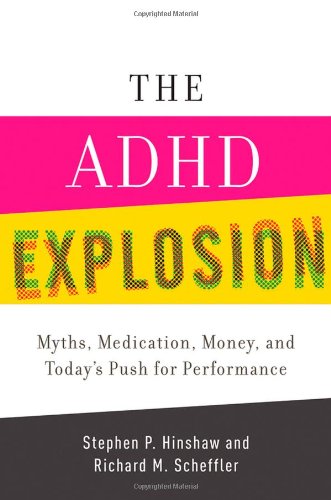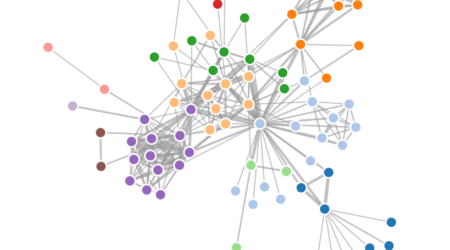Since Attention-Deficit/Hyperactivity Disorder (ADHD) was first introduced in the Diagnostic and Statistical Manual of Mental Disorders (DSM-III-R) in 1987, ADHD diagnoses have increased steadily in the United States. According to the National Survey of Children’s Health conducted in 2011-2012, the percentage of 4- to 17-year-olds ever receiving an ADHD diagnosis was 11%, up from 9.5% in 2007 and 7.8% in 2003.
The details of this trend are diverse and complicated, as the surge in diagnoses has not been paired with an increase in the number of mental health professionals who are qualified (or a medical system that is equipped) to provide necessary care. Consequently, many individuals living with ADHD come to depend on medication as the main solution and, at times, more complicated mental health conditions go undiagnosed. Paired with the increasing pressure for academic and work performance, this has led to a proliferation of ADHD medications in the population at large, raising questions in the national dialogue about neuroenhancement and the negative consequences of the pharmaceuticalization of mental health.
Taking on this tangled problem, UC Berkeley Professors Stephen P. Hinshaw, from the Department of Psychology, and Richard M. Scheffler, from the School of Public Health and School of Public Policy, argue that the condition of ADHD should be understood as neither purely biological nor purely social. In their book, The ADHD Explosion: Myths, Medication, Money, and Today’s Push for Performance (Oxford University Press 2014), they argue that the condition must be contextualized by both frameworks.
Some critics of ADHD medications argue that these drugs have no long-term benefits, and others argue that by using such drugs, “the parent stupefies the child for the parent’s good.” Hinshaw and Scheffler’s argument rests on the fact that ADHD is biologically real and that we should not discount the serious consequences of ADHD in people’s lives. However, understanding ADHD and its place in our society means situating this biological reality within “family interactions, school factors, neighborhood contexts, and entire cultures, as well as relevant policies and economic realities.”
ADHD can be a soundboard for discussing the long-term effects of the pressures of productivity, educational practices, and economic disparities.
To this end, Hinshaw and Scheffler examine the condition’s historic context, and find its origins in discussions about inattention and hyperactivity at the end of the Enlightenment and exacerbated by the creation and enforcement of compulsory education laws in the U.S. in the mid-1800s. They also demand that more realistic and less sensationalized accounts of ADHD be represented in the media and that scientific evidence be shared internationally and across audiences, so that the general public is better educated about the condition and its effects.
At heart, The ADHD Explosion is a critique of “our medical system’s susceptibility to quick-and-dirty diagnoses,” which allows more complicated conditions to go unnoticed and allows the spread of medications far beyond their designated uses. Paired with this critique is one of over-medication: for psychological conditions like ADHD, there should not be an over-reliance on medication to solve the problem, as other forms of intervention (like behavioral and cognitive-behavioral approaches) should be used in tandem.
Discussions of ADHD are not only located in our need to reform mental medical health care in the U.S. As Hinshaw and Scheffler show us, ADHD can also be a soundboard for discussing the long-term effects of the pressures of productivity and the overlooked factors, such as educational practices and economic disparities, that condition individual Americans’ future possibilities.



